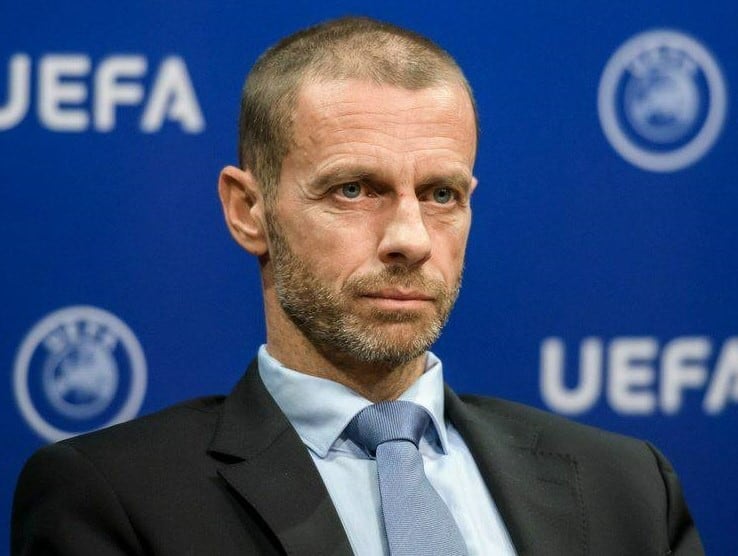UEFA president Aleksander Ceferin has downplayed the touted effects of Saudi Arabia’s spending on European football teams in the wake of a number of stars joining the Saudi Pro League.
Saudi Arabia, one of the bidding countries for the rights to host the 2030 FIFA World Cup, is making early moves to convince the world of football that they are the best choice. Their first point of action is to make their football leagues attractive to the fans by bringing in the biggest players from Europe.
It is a method they, as well as China and countries in other confederations, have adopted, but the Saudis have taken it up a notch in recent times.
The new wave started with the signing of Cristiano Ronaldo last December after the Portuguese superstar fell out with Manchester United. The five-time Ballon d’Or winner moved to the Saudi Pro League for the biggest payday that football has ever seen, making him the richest athlete in the world (from sports earnings).
His former Real Madrid teammate Karim Benzema followed and most recently, news broke that Ruben Neves, 26, has signed for another one of the Sadi clubs for another mega contract. The Portuguese midfielder’s move to Saudi at that age has created a cause for concern among fans of European football as well as the journalists who report on it.
An exodus of players in their prime from Europe to Saudi Arabia or other countries offering to pay them big money is feared. UEFA president Ceferin was asked to comment on the issue. He said, “No, no, no,” Ceferin told NOS (via ESPN). “I think that it’s mainly a mistake for Saudi Arabian football.
“Why is that a problem for them? Because they should invest in academies, they should bring coaches, and they should develop their own players.
“The system of buying the players that almost ended their career is not the system that develops football,” he added. “It was a similar mistake in China when they all brought players who are at the end of their career.”
Ceferin also pointed out that the UEFA Champions League remains the biggest football competition in the world after the FIFA World Cup and because of its frequency, players fight often to play in it year in, year out. He believes this stands out Europe from the rest, especially Saudi Pro League and the money that backs them.
“It’s not about money only,” he said. “Players want to win top competitions. And top competition is in Europe.”
One worry that UEFA will have, however, is the involvement of Saudi Arabia in European football.
The Saudi Public Investment Fund already has a stake in four of the biggest clubs in Europe and is planning more investments and takeovers. This could help the pipeline from Europe to Saudi Arabia be built speedily, leaving Cefrin and European football fans with only history and no star play players to boost their image.




